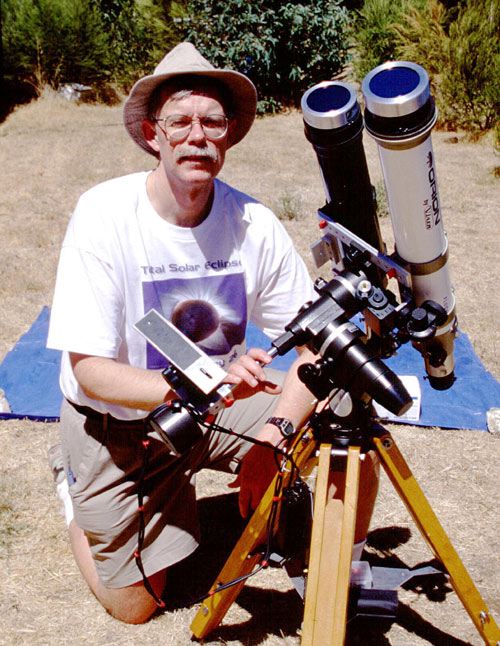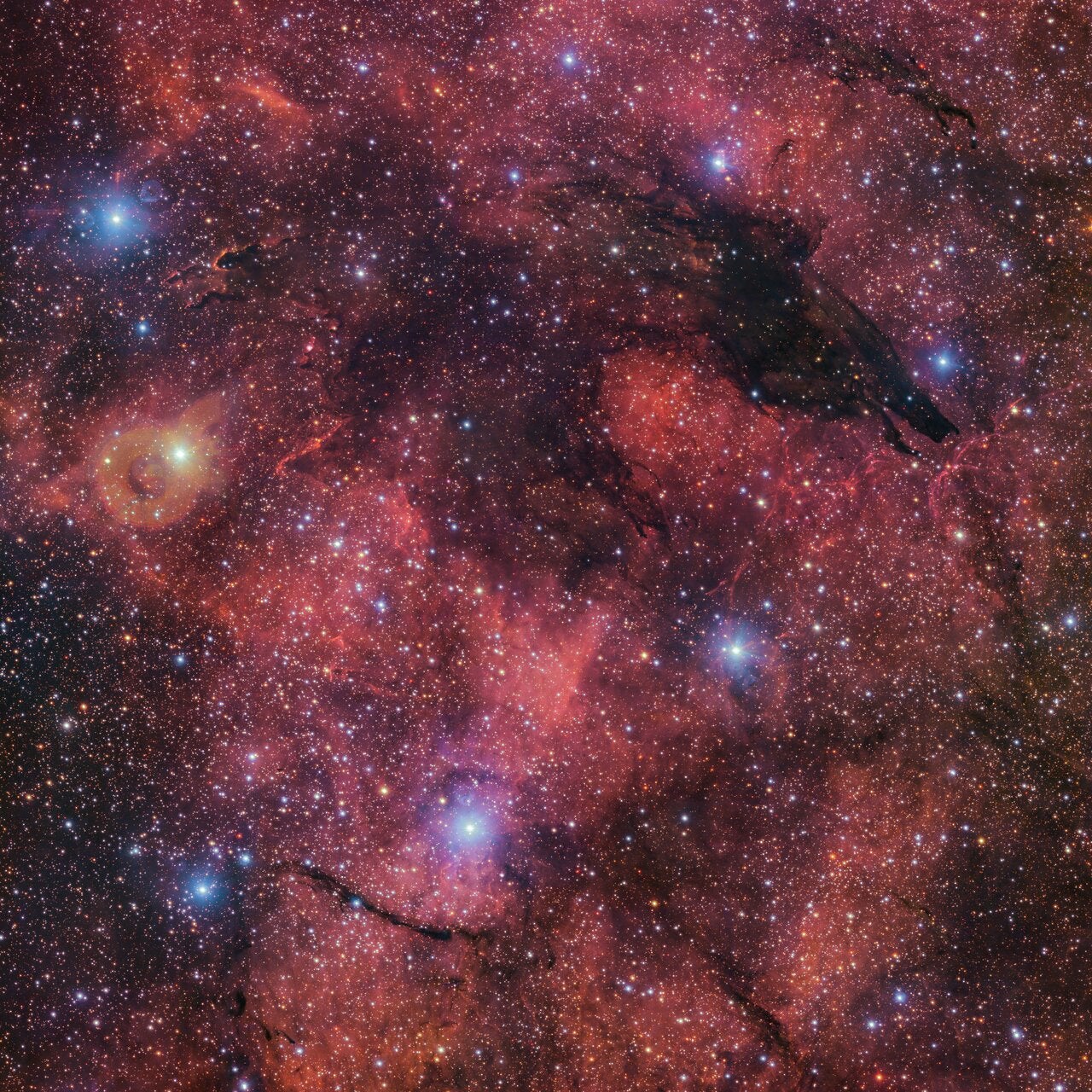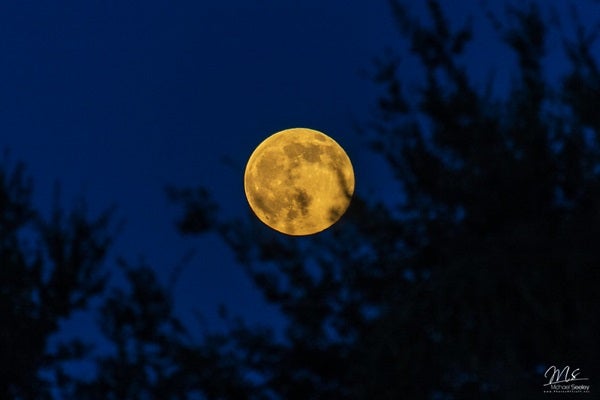
Fred Espenenak. Credit: NASA Goddard Space Flight Center (Flickr, CC of 2.0)
On April 15, many of us in the Eclipse community received this message from Fred Expenak, the man who for years has been affectionately called Mr. Eclipse:
Dear friends.
I want to share some sad news.
I was diagnosed with idiopathic pulmonary fibrosis (IPF) five years ago. I had no significant symptoms until last year. This has changed radically in 2025 and my health quickly deteriorated.
I spent the last two weeks in a Phoenix hospital undergoing exhaustive tests to determine if I am a candidate for a lung transplant. Unfortunately, my IPF progressed too much for a transplant.
I expect to be put in hospital care tomorrow and probably I will go in a few days or less.
But I can’t complain. I had a wonderful life of eclipse, astronomy, a career of NASA and my wonderful wife Pat, the greatest love of my life.
I did so many good friends through the hunt for eclipse.
I would like those who leave behind many other years of clear eclipse and reverential fear for the skies.
Goodbye,
Fred
Fred died peacefully on June 1 in Hospice in their home in Portal, Arizona. This is, of course, incredibly sad for those of us who knew him. He was a tireless promoter of eclipse, who considered the greatest phenomena of nature.
His Websites Astropixels.com, Mreclipse.com and eclipsewise.com remain priceless resources with in -depth information on numerous celestial phenomena, including detailed maps and times of past and future lunar and solar eclipses.
Inspired by the eclipses
The first total solar eclipse observed by Fred took place on March 7, 1970. It was also my first solar eclipse. And although we viewed it from different places, occasionally we compared the memories on the event. It was fun to speak, but intense when it was eclipse.
Starting from 1978 and continuing until 2010, Fred produced the “Nasa Eclipse Bulletin”, a detailed relationship of the next eclipse coming for that year. These publications included times, usually for hundreds of cities, forecasts for how the edge of the moon and maps would be like showing the path of all. At the time I worked in the planetary field and found the data in these invaluable bulletins. I asked Fred to put myself in the list “Send immediately to the release to …”, which he kindly did.
But they were not only Fred’s research, it was also his awareness – the talks he has held on the eclipses over the years – who have inspired many people who have become serious eclipse hunters. I don’t think anyone has had a greater impact in this sector of Fred.
Fred worked as an astrophysicist at the NASA’s Goddard Space Flight Center until he retired in 2009. He married his wife, Patricia Totten, in 2006.
Goodbye, my friend. I am sure you passed the moon one last time on your way further.

